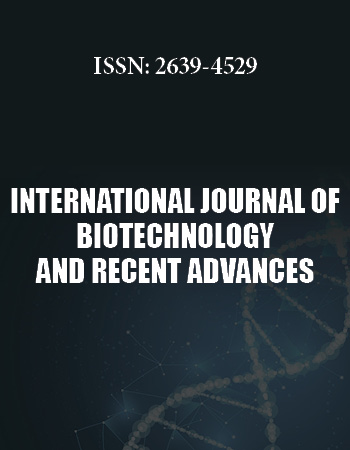European Microbiology Research Conference
December 3-4, 2018 Valencia, Spain
Comparative Genomics Studies Revealed the Effect of Artificial Selection on the Genome of Ustilago esculenta
1China Jiliang University, China
2Zhejiang University, China
3Heinrich Heine University, Germany
Ustilago esculenta, a smut fungus, infects Zizania latifolia to form galls named Jiaobai in China. Their differentiation induced Z. latifolia to form edible white Jiaobai (MT strains) and harmful grey Jiaobai (T strains). Studies showed a growth and infection defect in MT strains, which displayed an absolutely stable endophytic life in the host without an infection cycle, while T strains are phytopathogens. It is the long-standing artificial selection that maximizes the occurrence of favorable white Jiaobai, and thus maintaining the plant-fungi interaction and modulating the fungus evolving from plant pathogen to entophyte. The 20.2 Mb U. esculenta draft genome of 6,654 predicted genes including mating, primary metabolism, secreted proteins was identified through whole genome sequencing analysis, sharing a high similarity to related Smut fungi, but lost some surface sensors, important virulence factors and host range related effectors, especially in the MT strains. Besides, some immune response genes to PAMPs and PRRs are mutated in Z. latifolia. These attenuated pathogenicity-resistance relationship make for the economic endophytic life of U. esculenta. Additionally, U. esculenta prefers RNA silencing not RIP in defense and has more introns per gene, indicating relatively slow evolution rate. The fungus also lacks some genes in amino acid biosynthesis pathway which were filled by up-regulated host genes, and developed distinct amino acid response mechanism to balance the infection-resistance interaction. These findings can not only contribute to more comprehensive insights into the molecular mechanism underlying artificial selection but also into smut fungi-host interactions.
Biography:
Zihong Ye has been Professor at the Department of Biotechnology, College of Life Sciences at China Jiliang University, China, since 2009. She got her Diploma in Agronomy, her Ph.D. as well as her habilitation in breeding and genetics at Zhejiang University, China, at 2002. From 2002-2005, she worked as associate professor at Department of Agronomy at Zhejiang. University. Since 2005, her research has had a special emphasis on the interaction between Z. latifolia and U. esculenta interaction. Her research has been mainly funded by National Natural Science Foundation of China.


